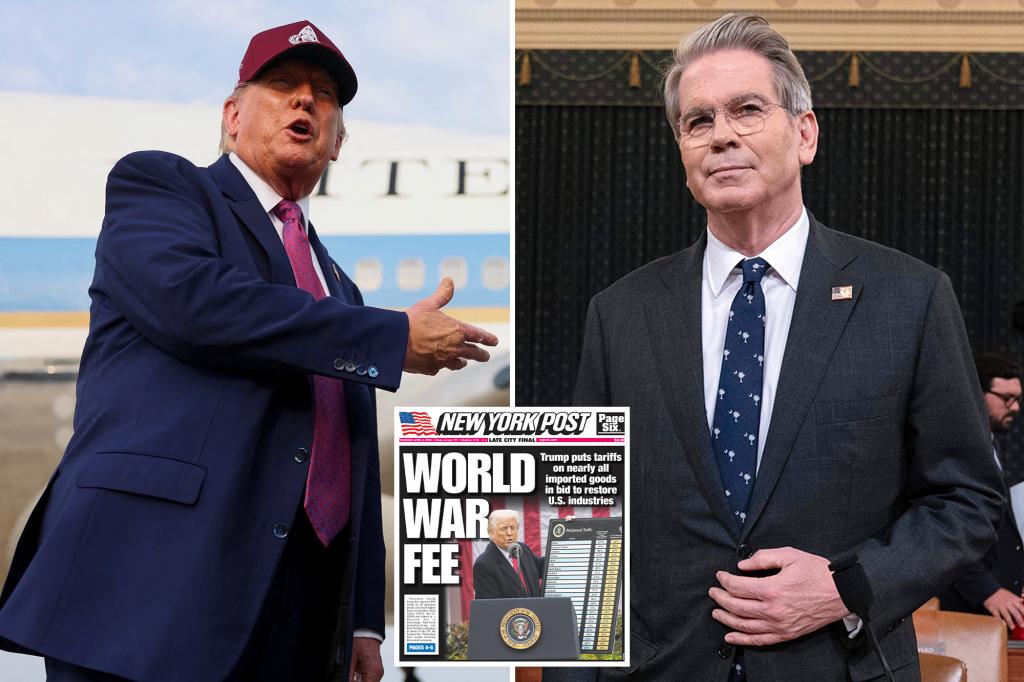Will Trump Adjust Tariff Deadlines Following China’s Trade Breakthrough?
Recent developments in U.S.-China trade negotiations have sparked significant discussions in political and economic circles, particularly regarding President Donald Trump’s potential adjustments to tariff deadlines. As the trade landscape continues to shift, understanding the implications of these decisions is critical for businesses and policymakers alike.
Understanding the Context of U.S.-China Trade Relations
The relationship between the United States and China has been characterized by volatility in recent years, primarily due to a series of tariffs imposed by the Trump administration aimed at reducing the trade deficit and addressing intellectual property theft. However, with recent breakthroughs in negotiations, there is growing speculation about whether these tariffs will be recalibrated.
The Current State of Tariffs
As it stands, the U.S. has implemented a range of tariffs on Chinese goods, which have affected various sectors, from agriculture to technology. The question at hand is whether Trump will extend these tariffs beyond their current deadlines or modify them in response to new developments in negotiations. Analysts point out that these tariffs have not only impacted U.S.-China relations but have also reverberated throughout global markets.
Potential Adjustments to Tariff Deadlines
Bessent, an expert in international trade, suggests that the President’s response to the recent negotiation breakthroughs could hinge on several factors:
- Domestic Economic Indicators: With the U.S. economy showing signs of recovery, Trump may be inclined to ease tariffs to bolster domestic industries reliant on Chinese imports.
- Political Considerations: As the 2024 presidential election approaches, Trump may see tariff adjustments as a way to appeal to voters concerned about rising prices and economic stability.
- Global Trade Relations: The interconnected nature of global trade means that any changes in U.S. tariffs might prompt reactions from other countries, particularly those in trade partnerships with the U.S.
Implications for Global Trade Dynamics
The decision to adjust tariff deadlines could have profound implications for global trade dynamics. If the U.S. chooses to maintain or extend tariffs, it may lead to retaliatory measures from China, further straining international relations. Conversely, a reduction in tariffs could foster a more cooperative environment, potentially leading to enhanced trade agreements and partnerships.
Future Outlook: Tariffs and International Relations
As the global economy continues to navigate the complexities of trade relations, the future of tariffs remains uncertain. Experts warn that without clear communication and decisive action from the Trump administration, the unpredictability of trade policies could deter investment and hinder economic growth.
Conclusion: A Critical Junction for U.S. Trade Policy
In conclusion, President Trump’s potential adjustments to tariff deadlines following recent developments in U.S.-China trade negotiations stand at a critical juncture. The administration’s decisions will not only impact the U.S. economy but also the broader global trade landscape. Stakeholders must remain vigilant and adaptable as these changes unfold, ensuring they are prepared for any eventualities in this dynamic environment.
See more Business Focus Insider Team

